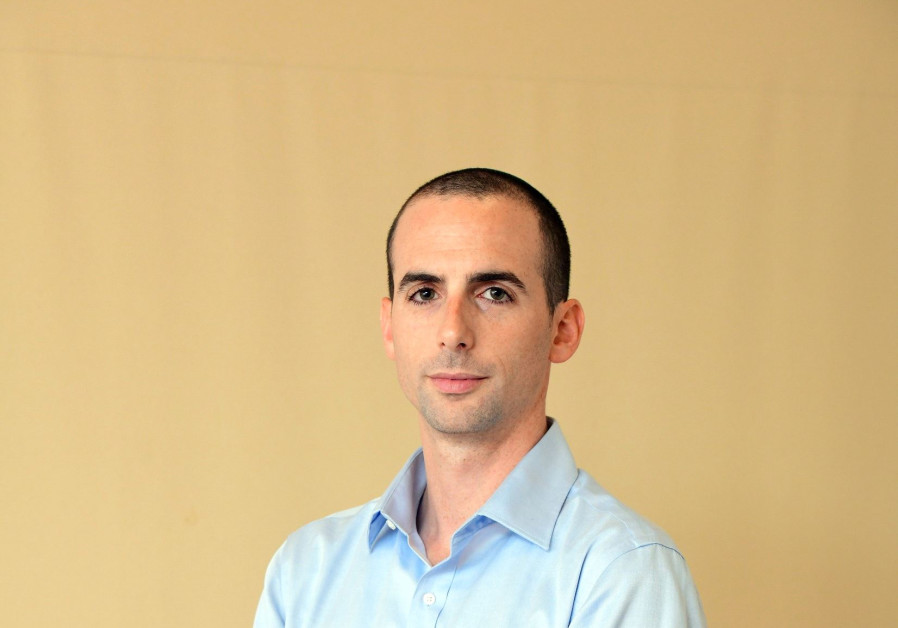When it comes to hametz – leavened food, which is not kosher for the Passover holiday – the Israeli public is more divided than ever, a new survey by the Israeli Congress for Judaism and Democracy has found.
Specifically, the issue of prohibiting hametz in public areas such as hospitals, shopping malls and military bases has become more controversial in recent years, with larger parts of the population considering it a form of religious coercion.
The survey was conducted over the last few weeks and focused on the Jewish public's perception on the holiday and its customs, as well as the tension between maintaining the Jewish nature of the holiday in public areas and state intervention in the private sphere.
The survey found that more than half (52%) of the survey participants thought the decision by the High Court was just, compared to 46% who believed it was wrong. However, 61% believed that the court was not the right authority to decide on this issue.
When asked which entity should have the authority, 40% said that local authorities or special committees comprised of representatives from all sectors should be in charge. Some 12% thought that there was no reason to meddle in such affairs and that the situation should be allowed to play out naturally.
According to the survey, 70% of the Jewish Israeli public do not eat hametz during Passover. Of those, 60% do not eat hametz at all and 10% do not eat hametz in public, but do at home.
However, 30% do not observe the hametz prohibition during Passover in any way. When asked whether they would be willing to concede certain rights and to avoid eating hametz in public areas in order to preserve the Jewish nature of the state, 52% of participants agreed, compared to 41% who did not.
Half (51%) of participants said they believed that eating hametz during Passover is a personal issue and that no legislation is needed, compared to 40% who did not agree with that statement. Some 55% thought that prohibitions of having hametz in public increase hostility and division among different sectors in the Israeli public.
When asked whether public institutions like hospitals and IDF bases should provide hametz to those interested during the holiday (patients, soldiers), 58% said they should not, while 38% they should. Some 48% believed supermarkets should be allowed to sell hametz during Passover, compared to 44% who believed they should not be allowed.
Almost three-fourths of the participants (73%) agreed that private businesses can prevent customers and visitors from bringing hametz into their establishments during Passover.

Earlier this week, it was reported that Israel's Water Authority would supply the country with underground water during Passover, in order to avoid hametz residue in water coming from the Kinneret.
In January, the High Court denied a request by the Chief Rabbinate to re-examine its decision regarding hametz in hospitals and to hold another hearing with an expanded panel of justices on the issue.
